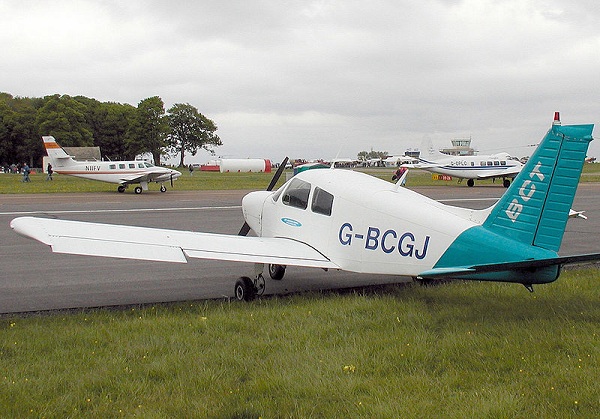<< agricultural operations | ailerons | aiming point marking >>
Back to: "A"
ailerons
- Definição1
- Primary flight control surfaces mounted on the trailing edge of an airplane wing, near the tip. Ailerons control roll about the longitudinal axis.
- Fonte1
- FEDERAL AVIATION ADMINISTRATION. Pilot's handbook of aeronautical knowledge. [s.l.], 2008. Disponível em: http://www.faa.gov/regulations_policies/handbooks_manuals/aviation/pilot_handbook/media/PHAK%20-%20Cover-Preface.pdf. Acesso em: 26 jun. 2014.
- Definição2
- Pairs of control surfaces, normally situated at a trailing edge of the wing structure, designed to control an aircraft in roll by their differential movement.
- Fonte2
- MULTILINGUAL aeronautical dictionary, or, dictionary aeronautique multilingue: english, french, spanish, dutch, greek, italian,portuguese, turkish. London: Technical Editing and reproduction Ltd, 1980.
- Fonte3
- INTERNATIONAL CIVIL AVIATION ORGANIZATION. Aircraft accident digest n.24. Montreal, 1982. (Cir. 166 AN/105).
- Fonte4
- INTERNATIONAL CIVIL AVIATION ORGANIZATION. Aircraft accident digest n.25. Montreal, 1983. (Cir. 172 AN/108).
- Contexto
- The aileron and flaps remained attached to the wing.
- A rolling takeoff was made, takeoff thrust was stabilized at 80 KIAS, arid left rudder and right aileron were used to compensate for the right crosswind.
- Français
- aileron
- Imagem

On this parked Piper Cherokee, the left aileron has deflected downwards, and the right, upwards.
Fonte: http://en.wikipedia.org/wiki/File:Piper.cherokee.pa-28-140.g-bcgj.arp.jpg

